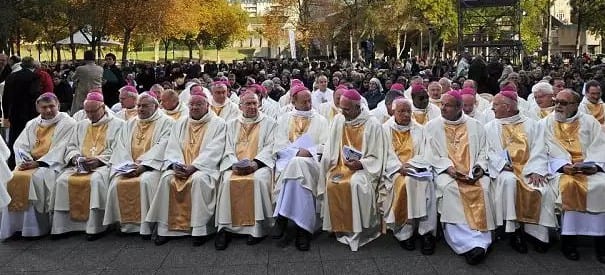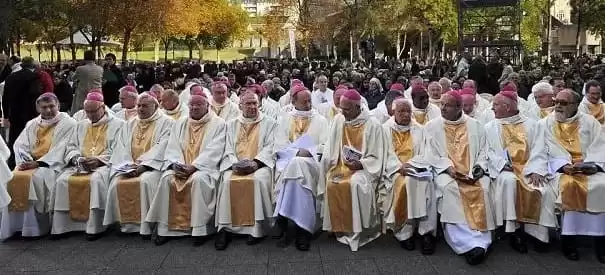Part of Cameroon’s opposition blamed the deaths on members of the armed forces, an allegation that the army on Monday blasted as “duplicitous”.
It said a woman and four children died in an “unfortunate accident” when fuel containers were set ablaze in an exchange of fire between security forces and separatists in the village of Ntumbo.
But France, a strong ally of Cameroon’s 86-year-old President Paul Biya, on Tuesday condemned “the violence”.
“We wish total light to be shed on this tragic event and for those responsible to be brought to account,” the foreign ministry’s spokesman said in Paris.
Witnesses had told the UN that around 40 armed men had attacked the village, “opening fire on people and burning down houses”, the UN rights office said.
The UN rights office said the already tense situation in Cameroon’s anglophone regions had worsened ahead of this month’s parliamentary and municipal elections.
“The government deployed some 700 additional troops in the North-West and South-West where armed separatists reportedly kidnapped dozens of candidates, most from the Social Democratic Front which is one of the country´s biggest opposition parties,” the UN said.
While most of the candidates had since been released, the UN said it had also received information that voting centres and the homes of those involved in the election campaign had been attacked by separatists.
On Monday, 16 Catholic bishops from around the world sent a letter to Biya, urging his government to talk to the separatists.
Biya, in power for 37 years, has repeatedly ruled out demands for autonomy or a return to Cameroon’s federal structure, although he has recently endorsed a decentralisation of some powers from Yaounde, the capital.
“There will be no military victory for any side,” the bishops warned.
“A lasting solution to Cameroon’s problems must come from a mediated process that includes anglophone armed-separatist groups and non-violent civil-society leaders.”
The “best path” lies in a Swiss proposal to broker talks, they said.
English-speakers account for nearly a fifth of Cameroon’s population of 24 million — a legacy of the French and British decolonisation of West Africa in the late 1950s.
Most anglophones live in the Northwest Region, where Ntumbo is located, and the adjoining Southwest Region.
Years of grievances at perceived discrimination snowballed into a declaration of independence in October 2017 and a government crackdown.
“We call on the government to ensure that the security forces abide by applicable international law norms standards during the conduct of their operations,” Tuesday’s UN statement said.
“We similarly remind armed separatist groups of their responsibilities under international law and call on all parties to refrain from deliberate attacks on civilians.”

















